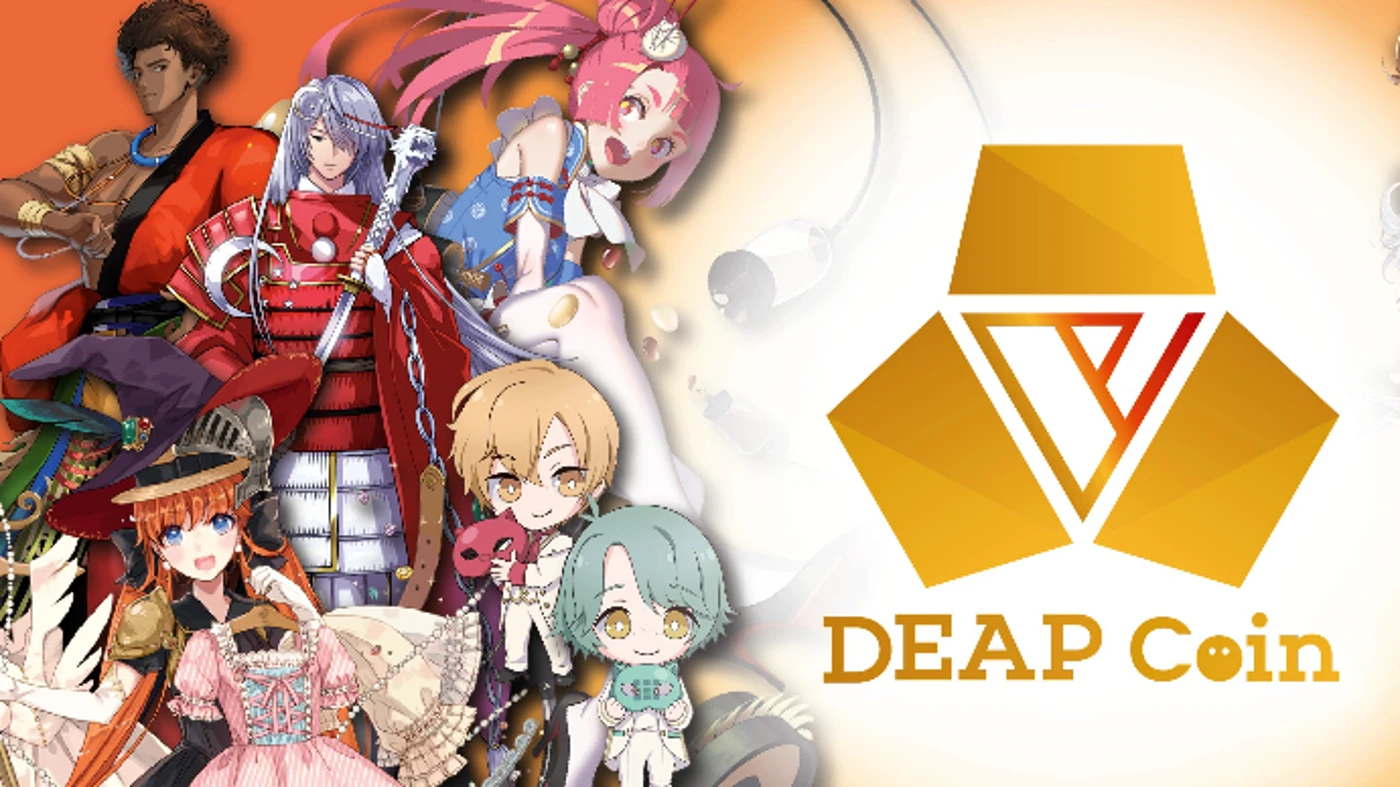Digital Entertainment Asset (DEA), a Singapore-based global Web3 entertainment company and operator of the PlayMining GameFi platform, has launched its DEP Buyback Program.
In a bid to sustainably increase the token’s value, DEA will continuously buy back its own DEAPcoin ($DEP) token. Up to 40 percent of its own sales — but not including DEP sales from its gaming platform PlayMining —will be used to fund the buyback.
“Through the DEP Buyback Program, we aim to increase the value of DEP tokens over the medium to long term,” said DEA co-founder and co-CEO, Naohito Yoshida.
“This will help us stabilize the PlayMining ecosystem and return profits to DEP holders.”
The program starts January 2023, with specific timing and buyback amounts to be determined based on market trends and the condition of the PlayMining economy. Details will be published via whitepaper at a later date.
Growing the PlayMining GameFi Platform
The current PlayMining catalogue features a number of casual of Play-to-Earn (P2E) NFT games, including Job Tribes, Cookin’ Burger, Menya Dragon Ramen, Graffiti Racer and Lucky Farmer. More games are scheduled to launch this year, and a metaverse initiative is also in the works.
Players can earn DEP by playing these games, which can be used in many ways: DEP can be sold back to PlayMining, traded on popular exchanges or used to purchase NFTs on the PlayMining NFT marketplace. DEP has the distinction of being the first P&E token officially approved by Japan’s Financial Service Agency.
The NFT marketplace hosts artwork from popular Japanese anime and video game creators as well as NFTs that can be used in all of the Web3 games on the PlayMining platform. Notably, DEA pays royalties to both official and fan art creators on their NFT marketplace, with SG$9 million in royalties having been paid out over the past two years.
DEA has a mission to create a fair distribution platform for creators. In addition to creating their own Web3 games, DEA partners with third-party game studios to launch NFT games on the PlayMining platform.
This gives small game developers a significant advantage: by integrating DEP into their games, it becomes possible to sell NFTs directly on the PlayMining NFT marketplace and later to develop metaverse projects related to their game, thereby opening up new monetization strategies for their intellectual property (IP).
“It can be notoriously hard for small game studios to monetize their IPs,” said DEA’s other co-founder and co-CEO Kozo Yamada.
“The biggest distributors such as Nintendo and Apple take a huge cut from every sale, but our fees are much more reasonable. Through the empowerment of Web3 technology, we aim to build a GameFi library that rivals Nintendo!”
DEA recently celebrated a number of big successes at the tail end of 2022, having secured US$10 million investment from LDA Capital and a minority investment from Rakuten Capital.
They also signed strategic Web3 partnerships with Rakuten Group and YGG SEA, and entered into a business alliance with TV Tokyo. All of these wins will serve to help PlayMining expand their GameFi platform.



